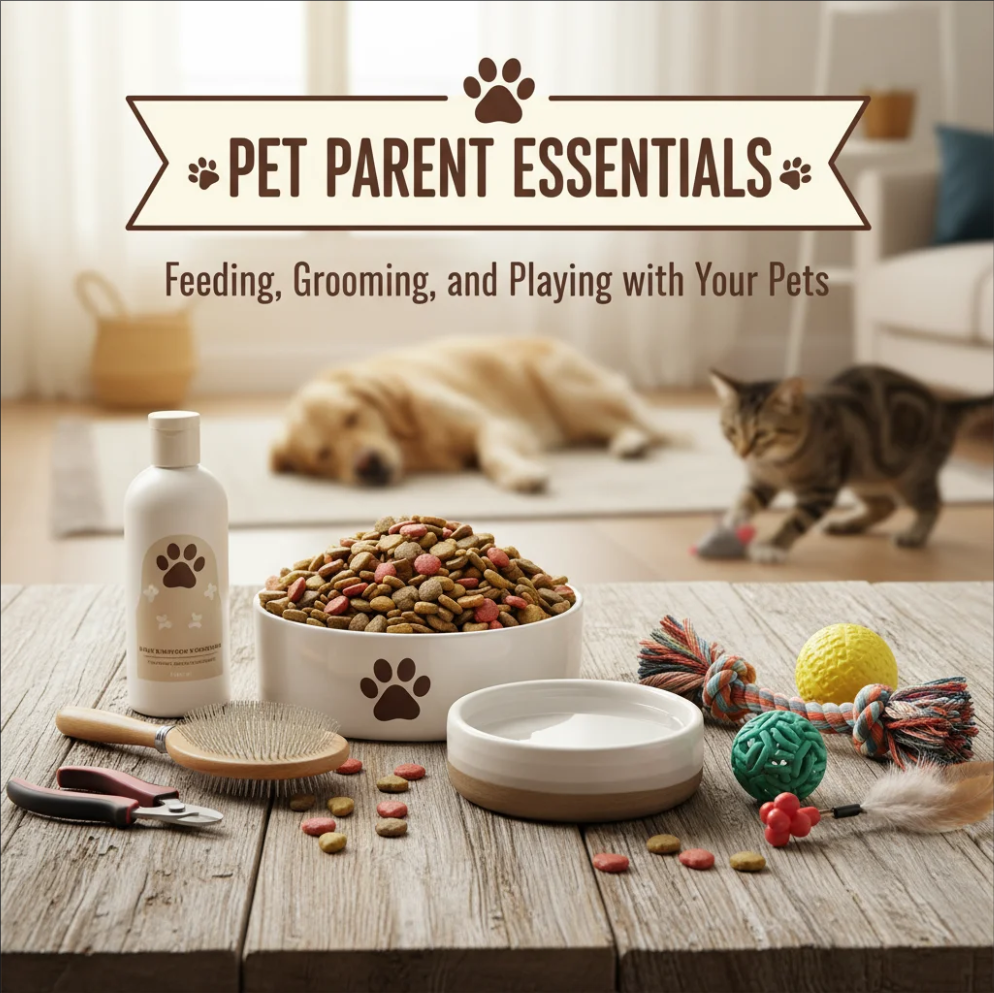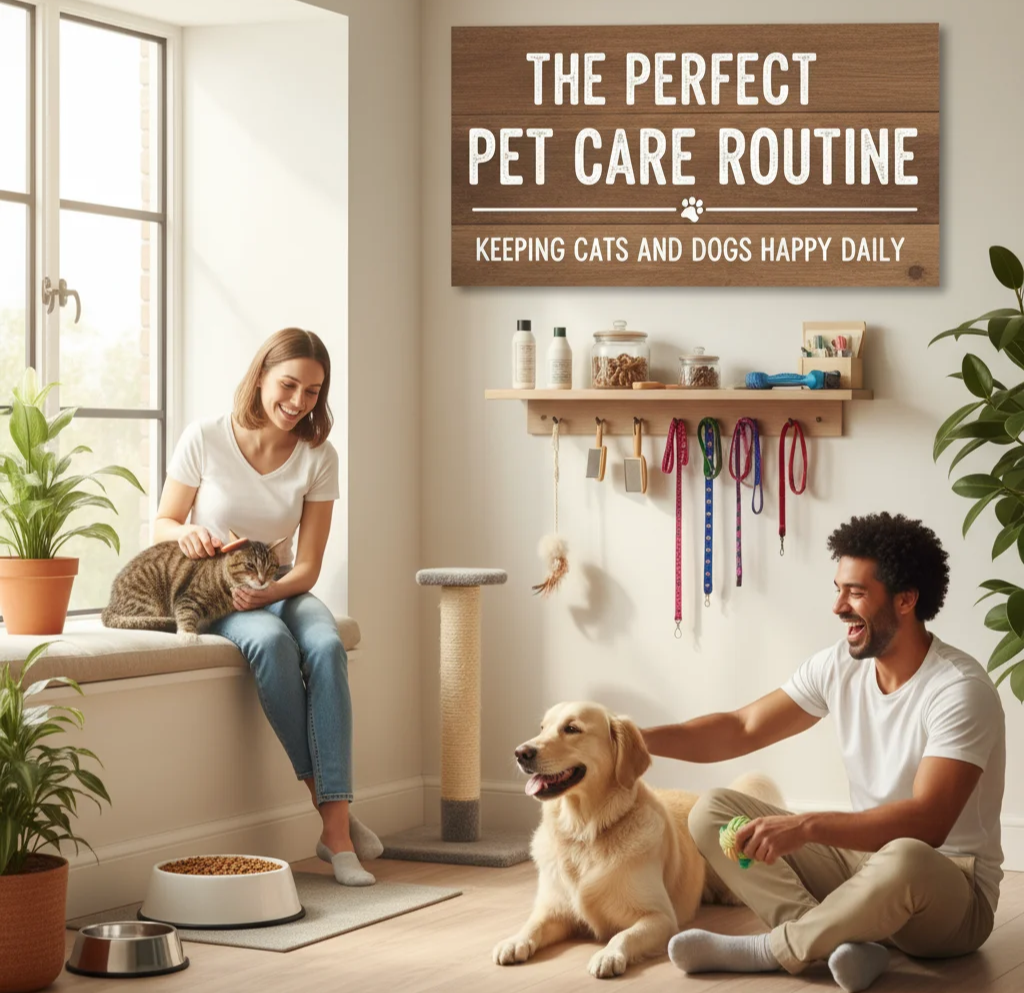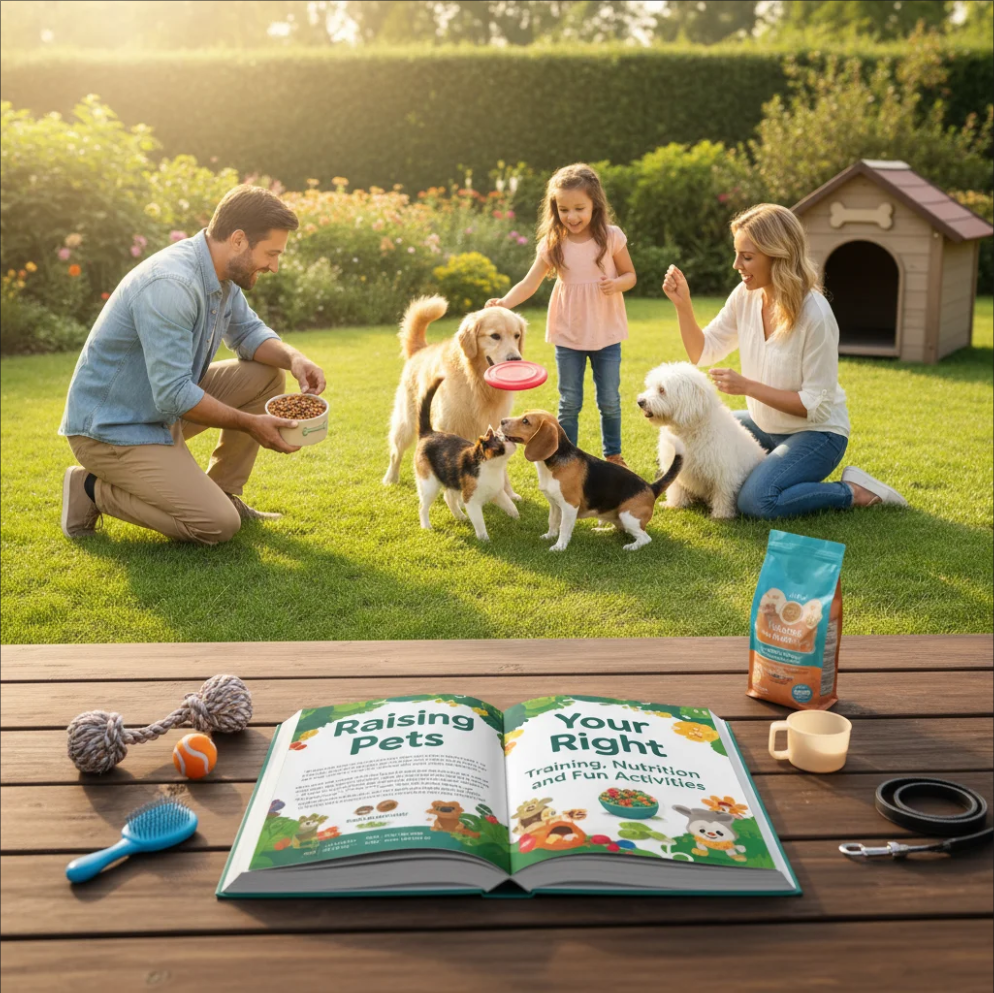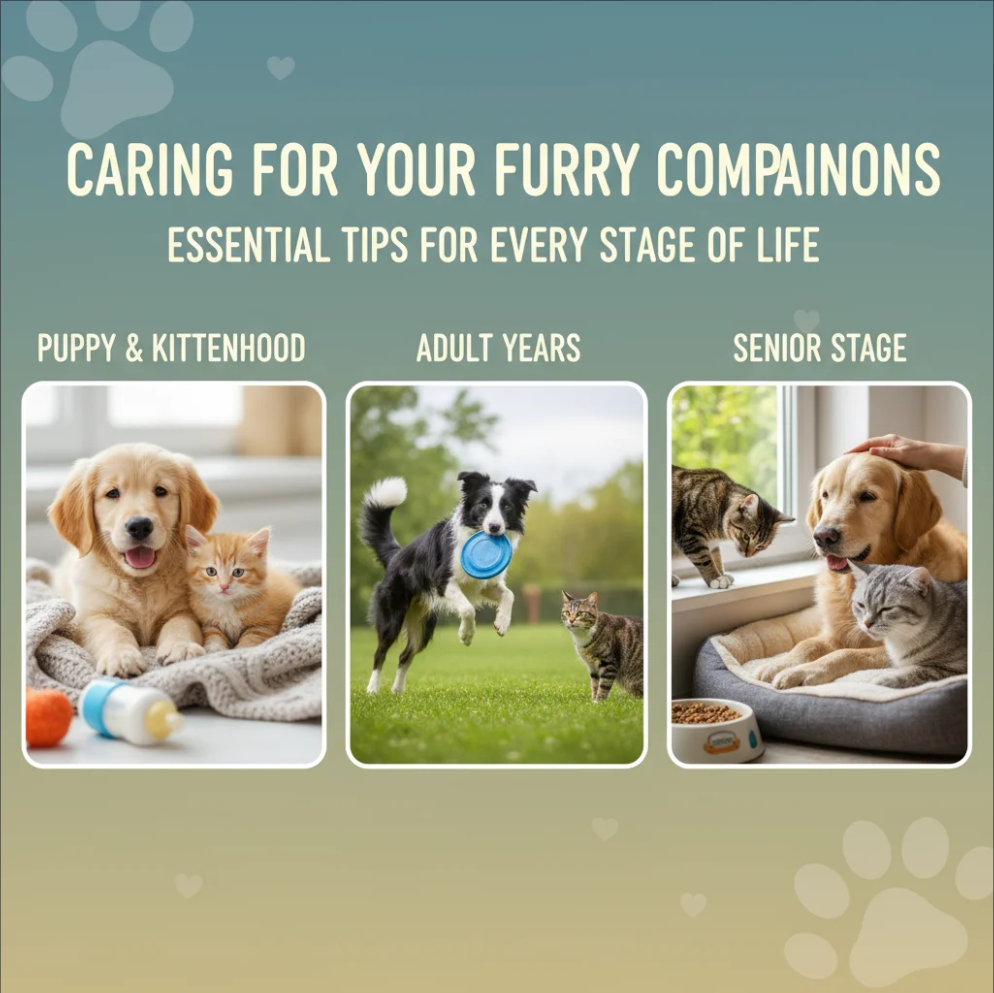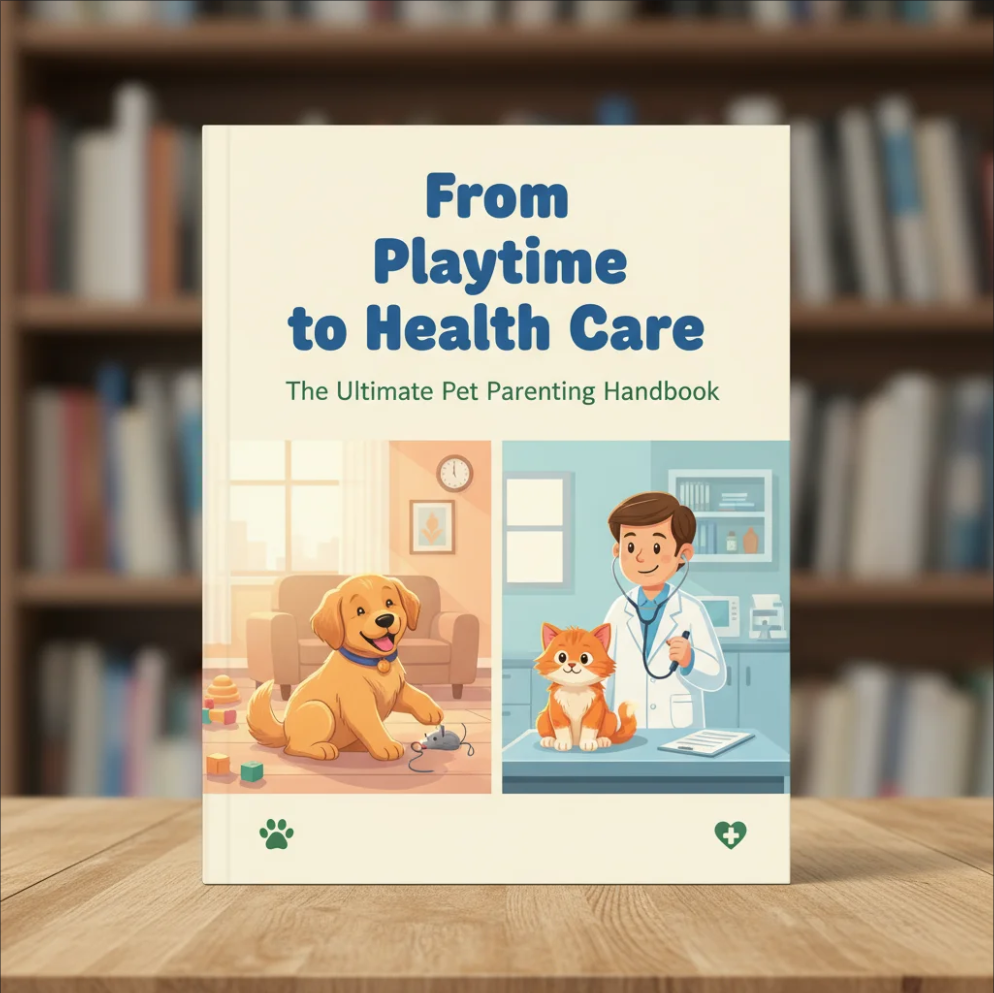Long Healthy Lives Expert-Approved Pet Care Practices
Every pet owner wants their furry friends to live long, happy, and healthy lives. Achieving this goes beyond love and affection — it requires consistent care, attention to health, and understanding of each animal’s needs. Experts emphasize a combination of nutrition, exercise, mental stimulation, and preventive care to help pets thrive.
1. Balanced Nutrition
Proper nutrition forms the foundation of a healthy life for cats and dogs. Choose high-quality food formulated for your pet’s age, size, and breed, and consult your veterinarian to ensure dietary needs are met. Avoid overfeeding, and supplement with healthy treats in moderation.
2. Regular Exercise
Exercise is essential for physical and mental health. Dogs benefit from daily walks, runs, or playtime, while cats thrive with interactive toys and climbing spaces. Regular activity helps maintain a healthy weight, supports cardiovascular health, and reduces behavioral issues.
3. Routine Veterinary Care
Regular check-ups allow early detection of health problems. Vaccinations, dental care, and parasite prevention are critical for longevity. Establishing a routine with a trusted veterinarian ensures your pet stays up-to-date on health needs.
4. Grooming and Hygiene
Maintaining your pet’s coat, skin, and nails prevents discomfort and health issues. Cats and dogs alike benefit from regular brushing, bathing, and nail trimming, while dental hygiene plays a vital role in preventing systemic health problems.
5. Mental Stimulation and Socialization
Pets need mental enrichment to prevent boredom and behavioral challenges. Interactive toys, puzzle feeders, and training exercises keep their minds active. Socialization with other animals and humans helps reduce stress and improves overall well-being.
The Key to Long, Healthy Lives
By combining nutrition, exercise, preventive care, and mental stimulation, pet owners can help their cats and dogs enjoy vibrant, long lives. Consistency, attention, and love are the pillars of a thriving, happy pet.
(more…)

